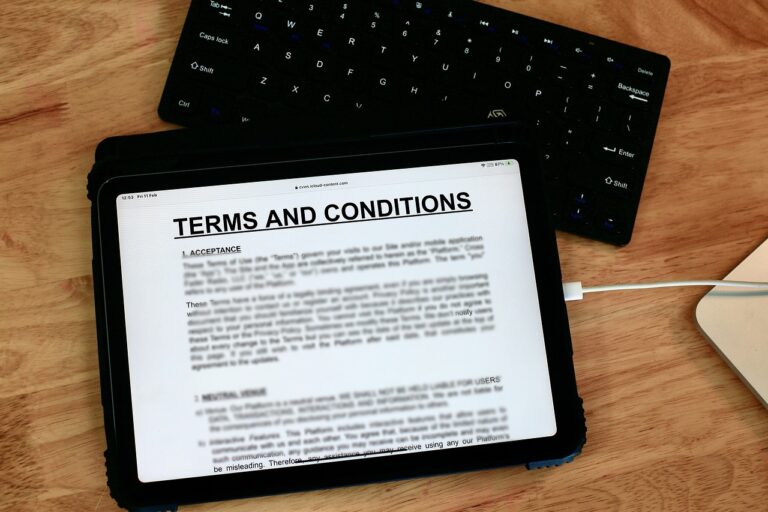For many busy SME owners, researching and taking out the right insurance policy can feel like a burdensome task. Insurance can be a complex area, and with many products on the market, it can be difficult to know if you are choosing the right policy and level of coverage for your business needs.
Below Mark Thomas is Founder and Director of Compare My Insurance explores some of the common  mistakes SMEs make when it comes to commercial insurance, and the best practices for avoiding an insurance mishap further down the line that could leave your business liable, and you out of pocket.
mistakes SMEs make when it comes to commercial insurance, and the best practices for avoiding an insurance mishap further down the line that could leave your business liable, and you out of pocket.
Ignoring legal requirements
Business insurance, sometimes called commercial insurance, is a catch-all term that covers several types of insurance products. Some of these are legally mandated, while others are recommended from a business protection standpoint, but are ultimately optional and dependent on business needs.
It’s vital to be aware of what your legal obligations are when it comes to insurance. In particular, there are two types of legally mandated insurance. Employer’s liability insurance is required if you employ one of more staff members who are not immediate family members. For companies that use vehicles for commercial purposes, business motor insurance is also a legal requirement.
There are also several kinds of insurance that are not legally mandated, but still essential for ensuring your business is protected. Public liability insurance, for example, covers the cost of compensation claims bought against your business, while commercial property insurance protects you against costs associated with repairing commercial property, or replacing assets in the case of theft or damage.
Failing to read the small print
We’ve all been guilty of skipping over the small print at some point or another, but when it comes to your insurance policy, signing a policy without making yourself aware of the associated terms and conditions could spell disaster further down the line.
When arranging your insurance policy, you’ll be given a number of important documents that outline the warranties and conditions of your particular policy. Being unaware of these could result in a failure to comply with them, leading to your claim being turned down, or even your entire policy being invalidated – which could translate into a costly mistake!
Ensure you take the time to understand the terms that are relevant to your insurance policy and that you have the right procedures in place to comply with them.
Underinsuring your business
Aviva’s Risk Insights Report found this year that half of UK businesses were likely to be underinsured, leaving them unnecessarily exposed to considerable risk, legal costs and liabilities.
Assessing the full extent of risks within your business is key to choosing a policy that protects you and your business. Risk assessments are also a legal requirement, and failing to carry out a robust assessment can result in you incorrectly informing your insurer of your particular risks, and consequently your business being underinsured.
Different businesses will of course have different liability concerns, and these must be weighed up against the unique aspects of your company and the industry it operates within to ensure you end up with a policy that provides an appropriate level of coverage.
Choosing a policy based on price alone
While no business owner wants to be paying over the odds for their insurance cover, using price alone as your deciding factor when choosing a policy is ill-advised.
There are many cheap policies on offer, but lower costs do not always translate into best value in real terms. Many cheaper policies may not offer an adequate amount of coverage if you ever do need to make a claim, so it’s important to pay attention to exactly what each policy is offering in terms of limits, exclusions, exceptions and coverage. Taking this holistic view of insurance policies will help you make a more informed decision, and find the best policy for your businesses needs, at the most reasonable cost.
Failing to review your policy
Businesses grow and change over time, and with this, your insurance and coverage needs are likely to evolve, too. When it comes time to renew commercial insurance, many businesses stick with an existing policy without reviewing if it still adequately meets their needs.
Taking the opportunity to perform regular reviews, audit your existing insurance portfolio, and determine if it still aligns with your requirements is important to determining whether you may benefit from additional protections or coverage, and spot any gaps in your existing coverage that need to be plugged, such as in the case of cyber protection insurance.
Working with a broker here can be particularly useful, as they will have the industry insight to help you assess your business needs and advise you how best to expand your existing coverage.
Final thoughts
While determining the right insurance for your business takes an investment of time, it pays to know you are properly protected if the worst happens. By understanding your specific business needs and risks, conducting regular reviews, and working with an experienced broker, you can be confident that your insurance policy is there to protect you when you need it most.


